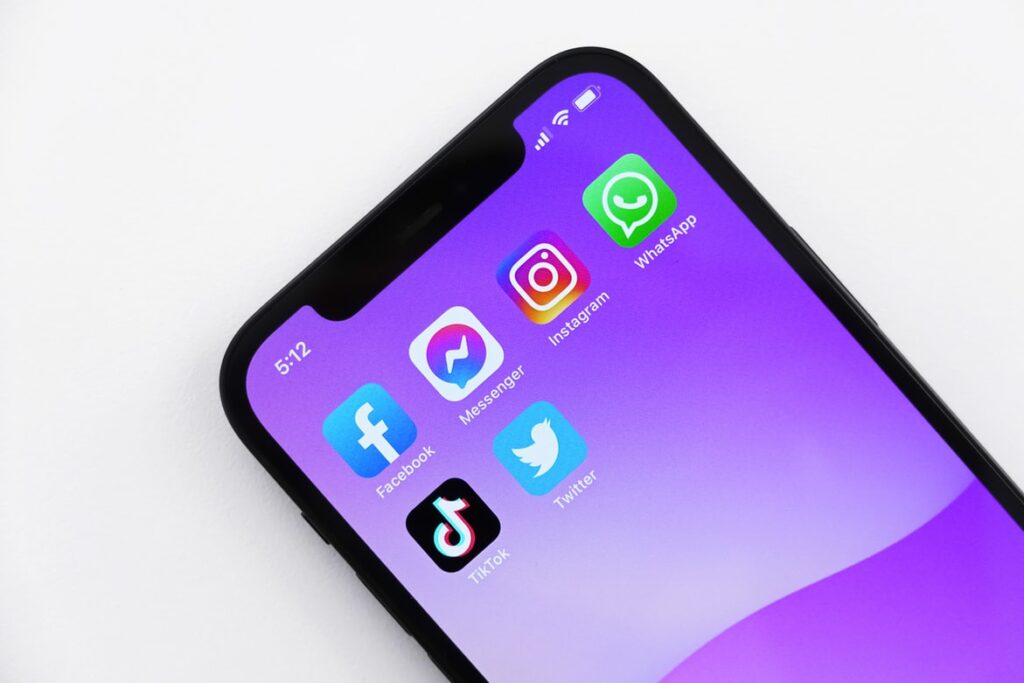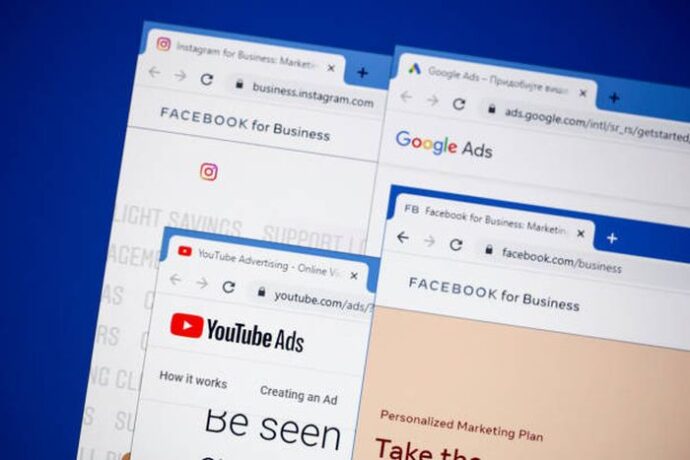We Americans love to talk about the right to privacy. In theory, that right exists as a matter of law. But in a practical sense, the right to privacy is little more than a myth. It is no longer applicable because there really is no way to maintain 100% privacy without escaping to the middle of nowhere and leaving any and all technology behind.
Privacy is a tricky thing. It is also open to interpretation. Each of us has to make daily decisions regarding our privacy. Each of us has to determine for ourselves how valuable privacy is and how far we are willing to go to endure it. But again, 100% privacy is nearly impossible to achieve.
We find ourselves in this mythical state of supposed privacy thanks to the technologies we use every day. You could argue that the one piece of technology that has ultimately destroyed privacy is the smartphone. But it’s not alone. Everything from wireless security cameras to search engines and social media have turned privacy on its head.
Cameras Are Everywhere

When you think of video surveillance cameras, what’s the first thing that comes to mind? These days, your first thought might be wireless cameras for home security. Perhaps this is because companies like Vivint have done such a masterful job of convincing people how effective video surveillance is as a deterrent.
Numerous studies have shown that criminals are averse to video cameras. If they can avoid them, they will. But what security companies know, local police departments also know. So do department stores, restaurants, healthcare providers, etc. The result is that cameras are everywhere.
You cannot barely leave the house without showing up on someone’s video footage. If it’s not your neighbor’s camera recording you as you drive by, it’s the red light camera at the end of your block. Stop at the grocery store to pick up milk and you can rest assured your movements are being recorded. It never ends.
Your Cell Phone Is Tracking You

Video surveillance cameras are just the start. If you have a cell phone (and most of us do), it is tracking your every move. Anyone with remote access to your phone’s GPS system can tell exactly where you are at any time of the night or day.
The fact that our cell phones are equipped with GPS is helpful when we need directions. That same GPS function can tell us when there is a traffic jam on the freeway. It can tell us where to find the nearest coffee shop or hamburger joint. But while our phones are making all that location information available to us it is also telling other people where we are.
Have you ever found yourself playing a game on your phone when an ad pops up for a business located right down the street? That is only possible because your phone is sending GPS information back to Google or Apple, whose servers are then sending you location-based ads.
Social Media Gives You Up Daily

The daily invasion into our privacy goes well beyond security cameras and smartphones. For example, do you use Facebook? If so, accept the fact that the platform gives you up every single day. Every move you make on Facebook is recorded and analyzed. A whole bunch of data on you has been compiled by the platform and sold on the open market. But that’s not all.
Did you know that Facebook contracts with website owners all over the world to embed cookies? They are known as third-party cookies. They send data back to Facebook for the purposes of tracking your online activity. Check the sports scores on a favorite website and there is a good chance that site is sending data back to Facebook.
Do not think that Facebook is the only social media platform that does this. They all do. How do you think they provide their services to you free of charge? They do so by amassing tons of data and then selling it to advertisers.
Google Gives You Up, Too

Facebook has done a masterful job of giving up its users, but Google takes things to entirely new levels. They give you up, too. Anyone who uses the Chrome browser is constantly being monitored online. Most of your Chrome forks also send copious amounts of data back to Google. And of course, your Android phone is attached to Google at the hip, so to speak.
If you use Gmail, and millions of people do, rest assured that Google software routinely scans your emails and compiles data from them. Do you use Google Docs, Google Drive, Google Music, and so forth? Every Google app you use is purposely designed to invade your privacy.
A Truly World Wide Web

The unfortunate thing about all of this is that the internet is what makes it all possible. Back in the early days, people used to refer to the internet as the World Wide Web. It isa quaint moniker in 2024, but the principle is more true today that it was 20 years ago.
The world is legitimately covered by an integrated web of data. And with every day that passes, more data is being compiled, analyzed, and distributed. Anyone who thinks they are living a truly private life either doesn’t understand technology or refuses to accept reality.
Do you get unsolicited credit card offers with your name and address already on the application? How do credit card companies get that information? Have companies sent unsolicited mail to a new address even though you never informed them that you moved? How did they get that information?
We like to think that we have a right to privacy. Maybe we do have that right, but it is violated every single day by countless organizations. That is the reality of the world in which we live. Like it or not, your life isn’t as private as you might think.















